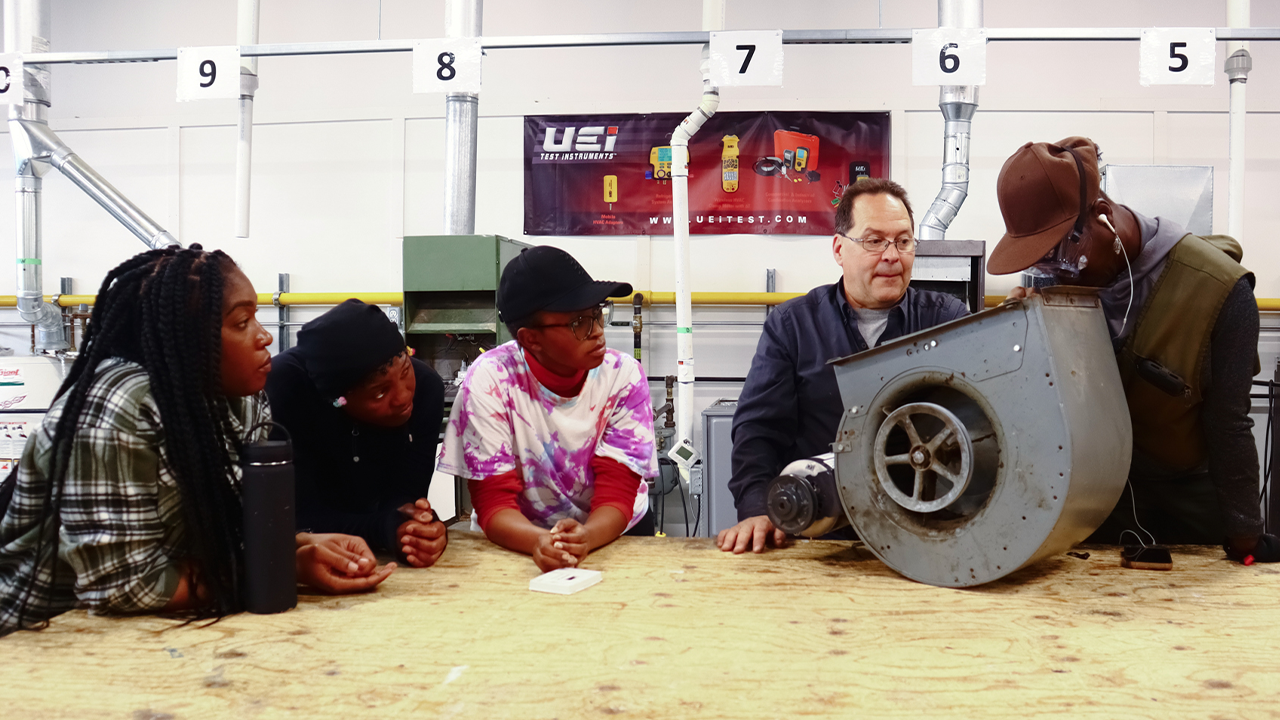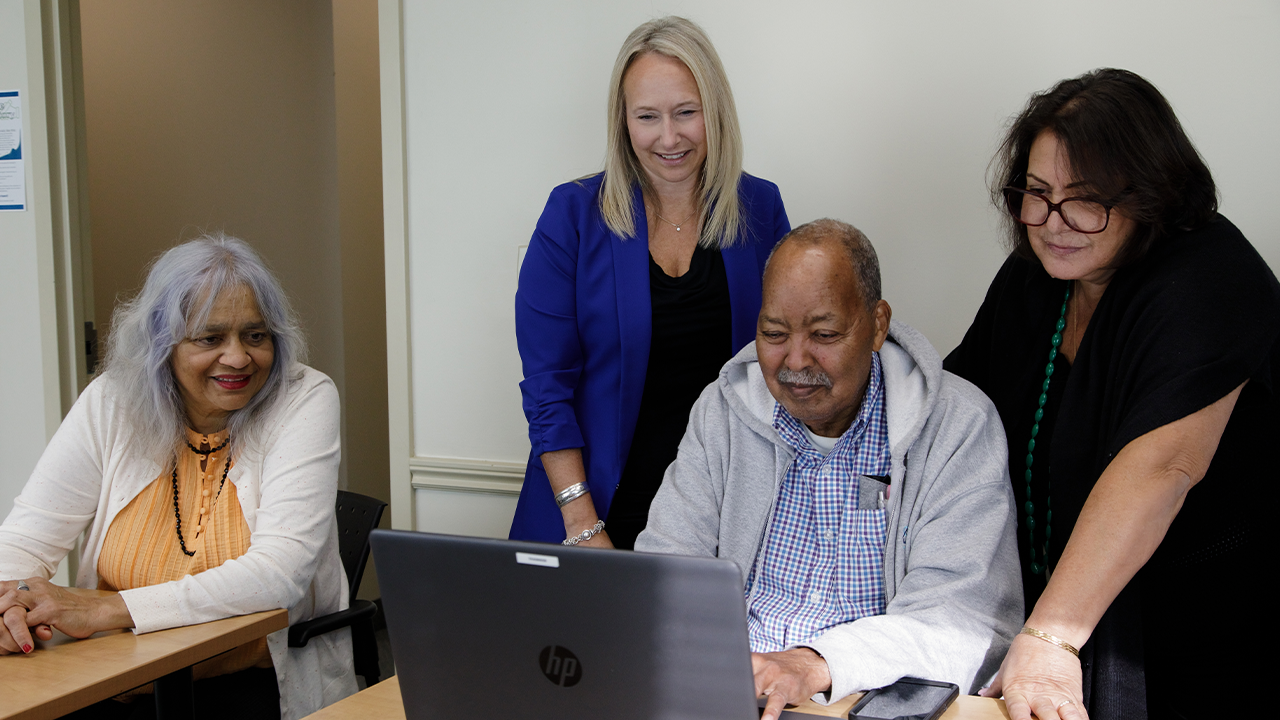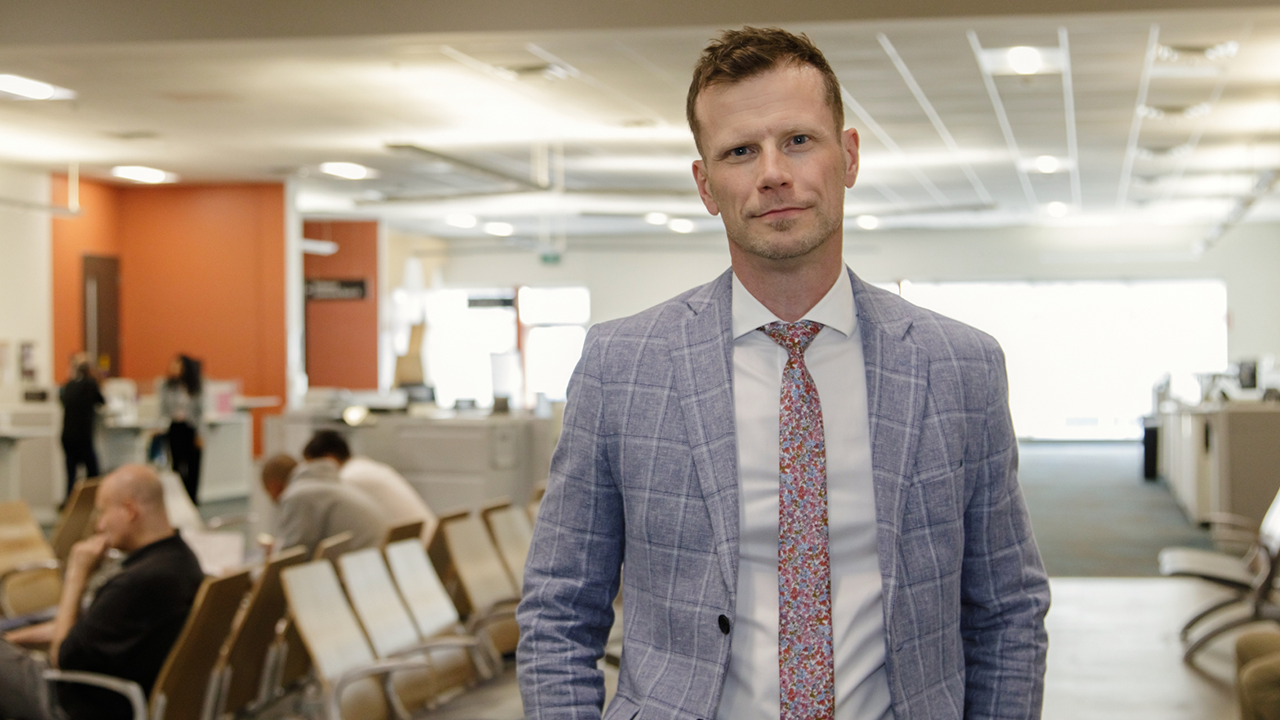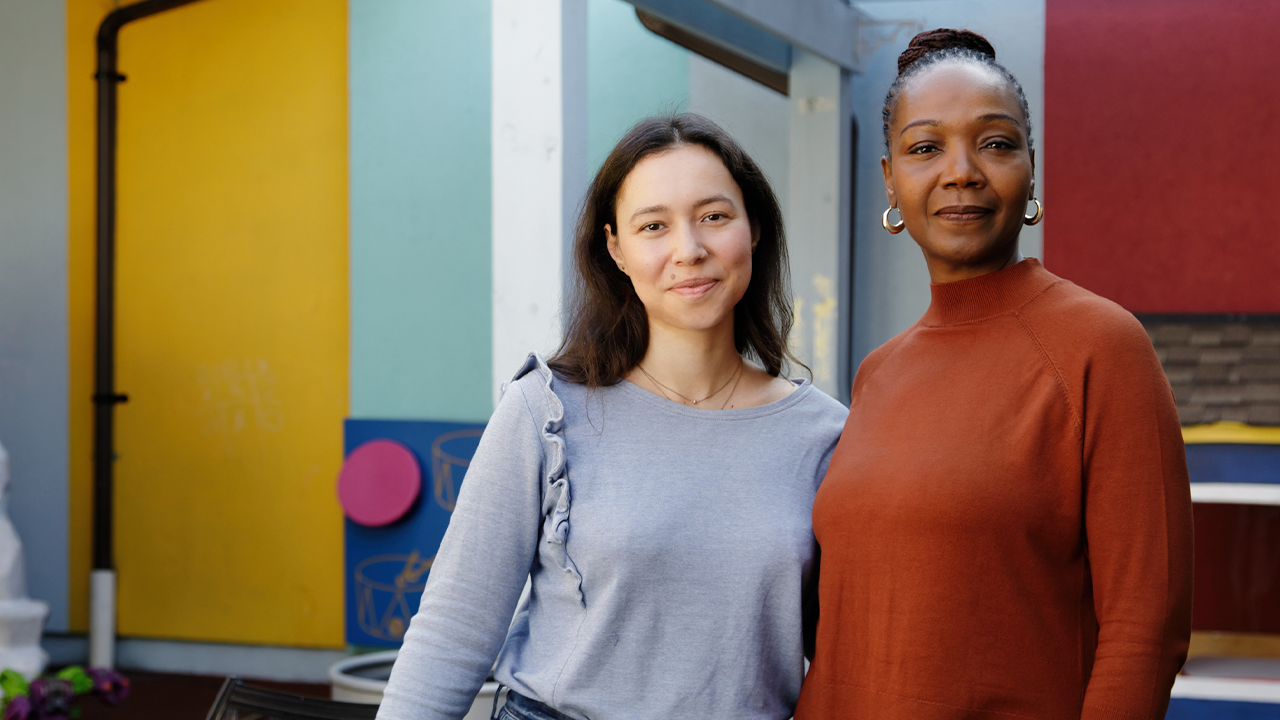

Photos by Daria Perevezentsev
A multipronged approach between the city, corporations, agencies and United Way is helping boost employment for marginalized communities
Today, employment involves so much more than just replying to a Help Wanted ad. And for newcomers to Canada, and people from marginalized communities in particular, finding employment becomes even more of a challenge.
Working in silos only makes that challenge even more insurmountable, but United Way Greater Toronto (UWGT) has been steadily — and successfully — working on building an approach that connects corporations, agencies and government, creating solutions for employment.
It’s approach of looking at people, while also considering the wraparound services that are needed, is what Trisha Patrick, executive director of the Skills Upgrading Centre in York-Simcoe, has seen as being significantly beneficial for these under-represented jobseekers.
“The research and the work United Way does helps us be a better organization because we can better understand our communities through the programs that they provide support to,” said Patrick. “Newcomers or someone with a disability, for example, know that through United Way, they can get additional help — it’s like a spider-web effect; we can help them define different things they need through the entire network of programs that United Way provides.”

Just last year, Skills Upgrading — which provides free programs for adults, from literacy to basic computer training — worked with 113 people in their Essential Skills Upgrading program and 89 moved onto the next stage of employment readiness with continued training.
Working in partnership with the City of Toronto has also further enabled United Way to improve the economic security of residents from a geographic approach. By pooling efforts together and measuring outcomes, it’s resulted in a greater understanding of how together Toronto can plan development on a larger scale. Take for example United Way’s Inclusive Local Economic Opportunities (ILEO) program.
Piloted in the Golden Mile in Scarborough, the program was created to ensure that those who live in the district benefit from the current redevelopment, through jobs and training. The well-attended information sessions allowed residents to learn about the available opportunities in construction and take part in the program, connecting them with employers, and helping them through the recruitment process.
With United Way tracking both how and where community partners and residents are progressing in their employment journey, it will be able to improve upon the model going forward.

“This is an ambitious plan, to launch new career pathways and scale the work based on this type of experience, now beyond the Golden Mile,” said James Lapierre, interim general manager for Toronto Employment and Social Services (TESS), who added that it is looking to replicate some of the lessons learned into Weston-Mount Dennis, which is the next ILEO-focused neighbourhood.
Consider that since 2021, TESS has supported the referral of more than 80 candidates to ILEO, which has resulted in at least 10 confirmed hires through the initiative.
“These candidates also walk away with valuable experience as it relates to the employment-preparation support and the network connections that they make, as well,” he said. This invaluable experience empowers candidates to be ever more prepared for not only current opportunities but future openings as well.
This ecosystem of support developed by United Way has also proven to be instrumental for The Redwood, a non-profit organization dedicated to providing support to women and children to live without abuse, homelessness and poverty.
A grant from UWGT enabled The Redwood to conduct research with women in need to discover what is important for them when it comes to a career, which led to establishing a flagship trades program focused on HVAC technician training. Just this October, a cohort of 30 women will be graduating from the program.

That said, providing funding is just one part of the picture. While it allows for launching programs such as the HVAC training, it’s also the network developed by United Way that is priceless when it comes to help these women who want not only gainful employment but also job security and career growth.
“We’re looking at how survivors can really be supported in their careers in the long term, so learning about unions has been a priority for us,” said Julia Colucci, manager of the women in trades and technology programs at The Redwood.
“United Way invited representatives from three different unions, who each spoke about how we can work together to meet both of our needs,” she said. “To be able to share what our participants’ needs are and the challenges that survivors face–just to have that conversation, we’re sowing the seeds for partnerships to come.”